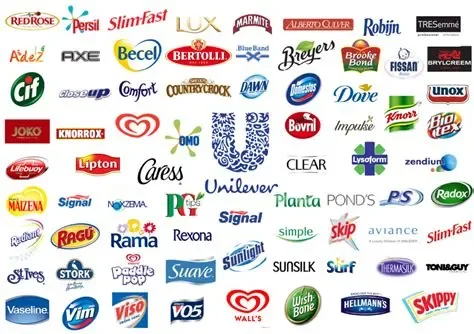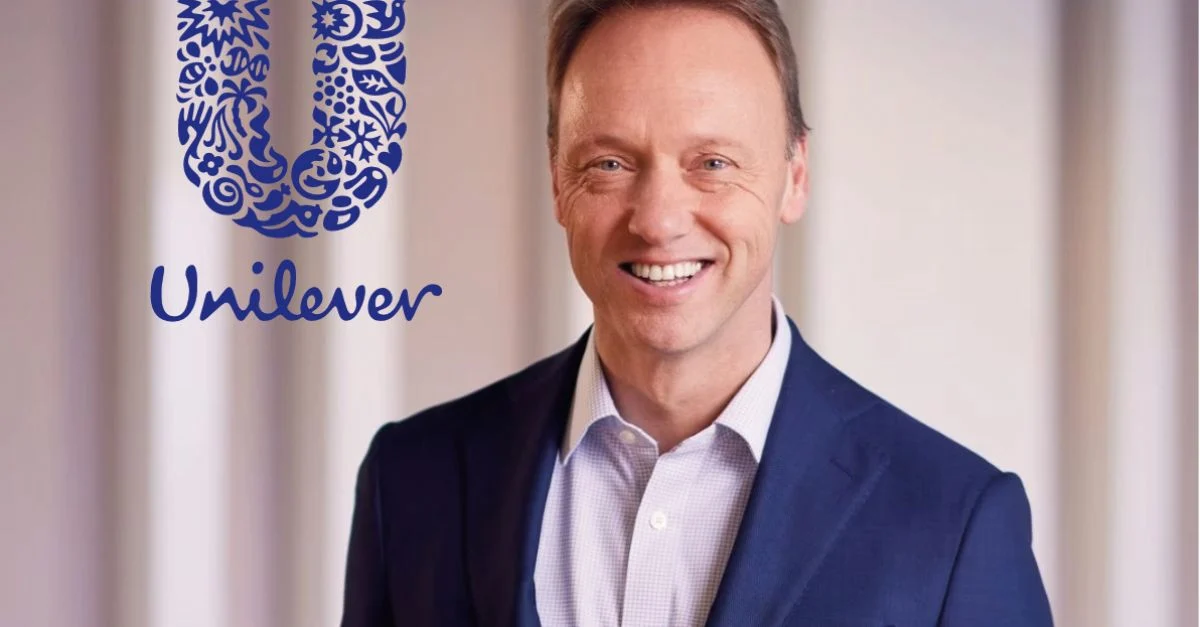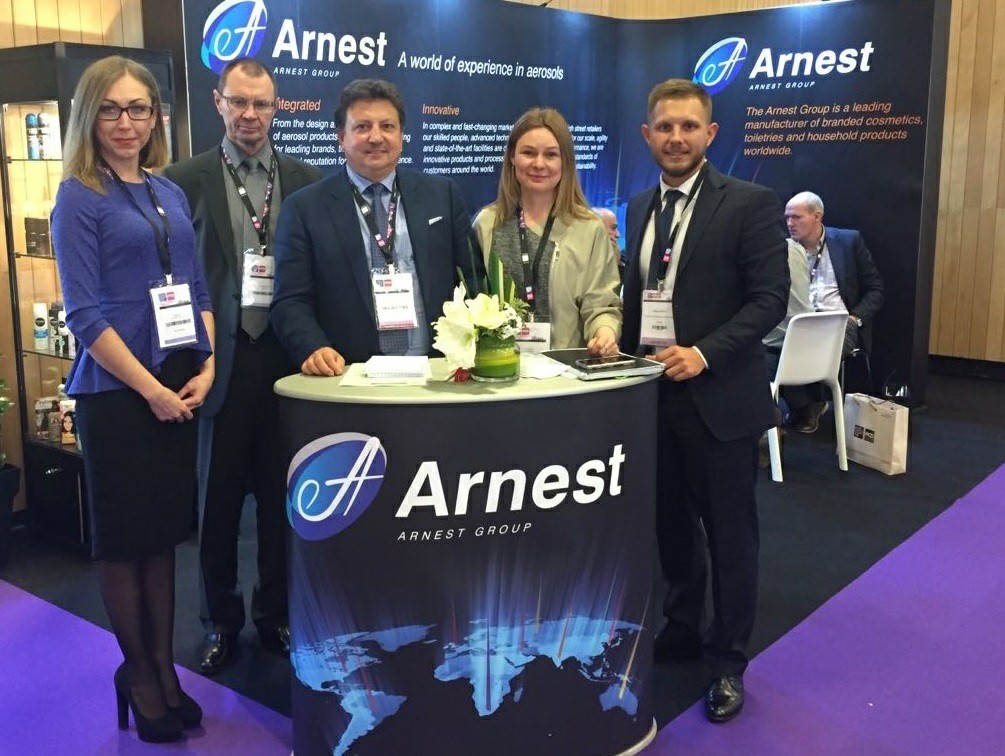Unilever, a global consumer goods giant, has made a significant move by selling its Russian business in a deal that marks a pivotal moment for the company in the context of ongoing geopolitical tensions and corporate responsibility. This decision comes amidst increasing pressure on international companies to withdraw from Russia due to the ongoing conflict in Ukraine. For a company as expansive as Unilever, with its wide portfolio of well-known brands and global reach, such a sale is more than just a business transaction—it reflects deeper shifts in both ethical considerations and corporate strategy. The sale of Unilever’s Russian operations brings with it discussions about the broader impact on the business landscape, especially in light of current trends and the potential future outlook for the company under the leadership of CEO Hein Schumacher. Follow us here at Dragon Ball Daima.
Unilever
Founded in 1929, Unilever has grown to become one of the largest multinational corporations in the world, producing a range of products from food and beverages to beauty, personal care, and cleaning products. Over the decades, Unilever has built an empire on the strength of its iconic brands like Dove, Lipton, and Ben & Jerry's, achieving a global presence with operations in nearly every country. However, in recent years, the company has faced increasing scrutiny over its operations in certain regions, particularly Russia. The decision to sell its Russian business follows in the footsteps of numerous other multinationals that have reassessed their presence in Russia due to the conflict in Ukraine. The sale of Unilever’s Russian arm represents a strategic decision, balancing its global business objectives with growing pressures to align with ethical and humanitarian concerns.

The Russian business of Unilever had been a significant part of the company’s European operations, contributing to its overall revenue with popular products being sold in the Russian market. However, the geopolitical situation and the resulting economic sanctions made it increasingly difficult for companies like Unilever to continue business as usual. After months of evaluating its options, Unilever made the bold decision to divest itself from Russia, transferring its operations to local ownership.
Related: Merit Expands into Fragrance A Bold Step into Scented Luxury
Related: Wrangler Debuts Limited-Edition Jeans Washed in Coors Beer
CEO Hein Schumacher
Hein Schumacher, the CEO of Unilever, has been at the forefront of guiding the company through turbulent waters. Appointed to the role in 2023, Schumacher has been tasked with navigating Unilever through complex global challenges, including the escalating situation in Russia. With a background in both finance and the consumer goods industry, Schumacher's leadership has been marked by a strong emphasis on sustainability, ethical decision-making, and global expansion strategies.

Under Schumacher's guidance, the decision to sell Unilever’s Russian business reflects his commitment to maintaining the company’s reputation as a responsible corporate citizen. Despite the potential financial losses from exiting such a major market, Schumacher has prioritized the long-term vision for Unilever, focusing on integrity, resilience, and sustainability. His leadership has been instrumental in shaping the direction of the company during these uncertain times, steering it toward growth opportunities that align with Unilever’s global values.
In a statement, Hein Schumacher emphasized the importance of aligning Unilever’s business strategy with global ethical standards. He expressed that while the sale of the Russian business was a difficult decision, it was necessary to maintain Unilever's commitment to social responsibility. His forward-thinking approach ensures that Unilever continues to innovate and expand in other markets while upholding its core values.
Arnest Group
The Russian business of Unilever has been sold to the Arnest Group, a Russian company that operates primarily in the production of aerosols and packaging materials. The sale transfers Unilever’s entire Russian operations to Arnest Group, including the production of its popular products that had been sold in Russia. This transition is significant because it allows Unilever to withdraw from the Russian market without leaving a vacuum in terms of product availability for Russian consumers. Arnest Group, known for its strong local presence and manufacturing capabilities, is expected to continue the production and distribution of these products, albeit under its own brand management.

The acquisition of Unilever’s Russian business by Arnest Group marks a shift in the control of Western consumer goods in the Russian market. While this sale allows Unilever to distance itself from the political complexities of doing business in Russia, it also hands over significant assets to a local player, ensuring that jobs and operations are preserved within Russia. Arnest Group's existing experience in the manufacturing sector makes it a logical successor to take over Unilever’s Russian operations.
History and Context
Unilever’s history in Russia dates back to the post-Soviet era when Western businesses flocked to the country to tap into the newly opened market. Over the years, Unilever built a strong business presence in Russia, contributing to the local economy and becoming a familiar name in Russian households. However, as geopolitical tensions heightened and economic sanctions increased, Unilever, like many other multinational corporations, was faced with the difficult decision of either maintaining its operations in Russia or severing ties.
The history of corporate withdrawals from Russia has been marked by a delicate balance between business interests and ethical considerations. Many companies, including Unilever, had initially opted to pause certain operations or limit their investment in the region. However, as the conflict persisted and the pressure to align with international sanctions grew, the decision to fully exit became inevitable. For Unilever, the sale of its Russian business is the culmination of months of strategic evaluation and reflects the broader trends of corporate responsibility in the face of geopolitical strife.
Current Trends
The sale of Unilever's Russian business is part of a broader trend of multinational companies reassessing their operations in politically sensitive regions. As the conflict in Ukraine continues, many companies are finding it increasingly difficult to maintain their business in Russia due to sanctions, reputational risks, and logistical challenges. The global trend toward corporate social responsibility has intensified, with consumers and investors alike expecting companies to take a stand on important global issues, including conflicts, human rights, and environmental concerns.
Unilever’s move to sell its Russian business also aligns with a trend of companies focusing on long-term sustainability over short-term profits. By divesting from Russia, Unilever is positioning itself as a leader in corporate responsibility, prioritizing its global reputation and ethical stance over financial gains from a volatile market. This decision reflects a broader shift in the corporate world, where sustainability, ethics, and global governance are becoming increasingly important considerations for business leaders.
Future Outlook
Looking forward, Unilever’s decision to sell its Russian business signals a future where the company will likely focus more on markets that align with its sustainability and ethical goals. Under Hein Schumacher’s leadership, Unilever is expected to continue expanding in regions that offer stability and growth opportunities while maintaining its commitment to corporate social responsibility. The company’s future growth is likely to be driven by innovation in sustainable products, digital transformation, and expanding its presence in emerging markets.
Unilever’s exit from Russia also opens the door for further strategic divestitures in other regions where the business environment may not align with its long-term goals. By focusing on markets that align with its global values, Unilever is positioning itself for continued success in the rapidly changing world of consumer goods.